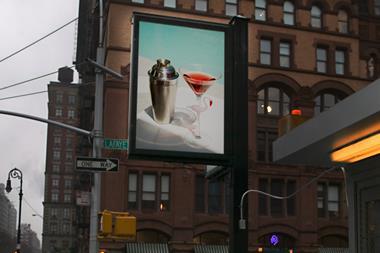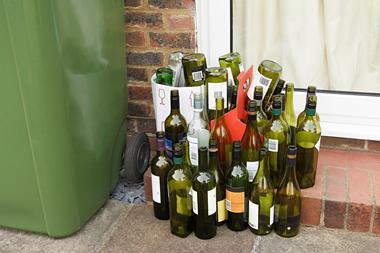Much as I love Crawley, once in a while I can’t help feeling jealous of some of the gigs these TV bods get. In America on a Plate: The Story of the Diner (9pm, BBC4, 29 November), Stephen Smith takes a road trip across the US in a swanky red car, making regular pit-stops at some of the country’s iconic diners to “eat nothing but honest-to-God, home-cooked diner chow”.
Nice work, as they say. Not that Smith treats it as a beanie. In fact, the food and scenery definitely play second fiddle to his fascinating analysis of the role the diner has played in America’s culture, history and national psyche.
After Providence, Rhode Island, where the first diner – a horse-drawn wagon – was established in 1872, he takes in not just classic aluminium 1950s diners but also gargantuan portions of food, including the Monster Burger. “This isn’t a meal, it’s a suicide bid,” he says aptly.
Big portions are apparently a legacy of the cowboys. But the comfort menu and low prices also reflect the homely American values depicted by Norman Rockwell in his famous 1958 illustration of a state trooper sitting with ‘The Runaway’ in a diner – an image that’s poles apart from Nighthawks, Edward Hopper’s atmospheric 1942 painting of three lonely people sitting in a downtown diner late at night.
And that’s because the diner is a metaphor for both America’s sense of inclusivity and alienation – as epitomised in Suzanne Vega’s song, Tom’s Diner (actually Tom’s Restaurant) which, the singer tells Smith, is a tale of loneliness that people like to sing together.
In Nashville, the diner also played a vital historical role, becoming “the crucible in which great change was forged”, says Smith, which sounds OTT until you hear Maxine and her friends recall what it was like to challenge segregation by staging sitins in establishments they were allowed to enter but were not served in. It was usually the peaceful black students who were arrested while the white offenders were let go, but the sit-ins continued, prompting the calls for the end of segregation that eventually led to the Civil Rights Act.
Somehow I don’t think The UK on a Plate: The Story of the Café would cast our humble equivalent in quite such a noble – or interesting – light.













No comments yet